How Bee Feed Helps Bees Survive Depleting Natural Food Sources
In recent years, beekeepers and environmentalists alike have raised concerns about the decline of natural food sources for bees. Habitat loss, climate change, and agricultural expansion have all contributed to a reduction in wildflowers and nectar-rich plants, making it increasingly difficult for bees to find the nutrition they need.
As a result, bee feed has become an essential tool to support hive health and survival. In this article, we’ll explore how high-quality bee feed can help bees thrive despite depleting natural food sources.
Why Are Natural Food Sources Declining?
Bees rely on nectar and pollen from flowers to sustain their colonies. However, several factors have led to a sharp decline in natural foraging options:
1. Habitat Loss Due to Urbanisation & Agriculture
Intensive farming and urban development have reduced the availability of wildflowers and hedgerows.
The use of monoculture farming eliminates diverse flowering plants, leaving bees with fewer food options.
2. Climate Change & Unpredictable Weather Patterns
Warmer winters and erratic seasons disrupt flowering cycles, making nectar availability unreliable.
Extreme weather events, such as droughts and heavy rains, destroy flower populations.
3. Pesticide & Herbicide Use
Many modern pesticides harm bees directly, while herbicides eliminate the wildflowers they depend on.
Even "bee-friendly" crops may be treated with chemicals that reduce nectar quality.
4. Competition from Non-Native Species
Invasive plants and competing pollinators can reduce the amount of available forage.
With these challenges in mind, bee feed provides a crucial solution to supplement natural nectar sources, ensuring that colonies stay strong and productive.
How Bee Feed Supports Bee Health & Survival
Bee feed is designed to mimic natural nectar, providing essential carbohydrates and energy for bees. High-quality products like Invertbee Syrup and Fondabee Fondant offer vital nutrition when floral sources are scarce.
1. Prevents Starvation During Nectar Shortages
When wildflower populations decline, bees may struggle to find enough nectar to sustain their colony. Bee feed acts as an emergency energy source to prevent starvation, especially in late autumn and early spring when natural food is scarce.
Best Bee Feed for Emergency Nutrition:
Invertbee Syrup – Provides a rapidly digestible carbohydrate source.
Fondabee Fondant – Offers long-lasting, slow-release energy.
2. Helps Overwintering Bees Stay Strong
During winter, bees rely on stored honey to survive. However, hives with inadequate honey reserves may struggle to last through the cold months. Bee feed supplements their stores, ensuring that they don’t run out of food before spring.
Best Bee Feed for Winter:
Fondabee Fondant – Placed directly in the hive for easy access.
Organic Fondabee – A chemical-free alternative for sustainable beekeeping.
3. Encourages Brood Development in Early Spring
Strong colonies need a healthy population of worker bees. In early spring, brood rearing requires additional carbohydrates and proteins, but nectar may still be in short supply.
Best Bee Feed for Spring Colony Growth:
Invertbee Syrup (1:1 sugar-to-water ratio) – Stimulates brood production.
Pollen Substitute – Ensures young bees receive essential proteins.
4. Supports Honey Production Without Contaminating It
Some beekeepers worry that bee feed may dilute or alter honey. However, when feeding is managed correctly, it provides an energy boost without affecting honey purity.
Feeding Tips for Ethical Honey Production:
Stop feeding 4-6 weeks before honey supers are added to prevent contamination.
Only provide feed when natural nectar is limited to encourage authentic honey production.
5. Reduces Hive Stress During Droughts & Seasonal Gaps
When nectar flows are unpredictable due to extreme weather, bee feed provides consistency and stability for colonies.
Best Bee Feed for Drought Conditions:
Invertbee Syrup – Helps sustain bees when wildflowers are scarce.
Supplementary Protein Feeds – Supports worker bee health in stressful conditions.
The Role of Sustainable Beekeeping & Conservation Efforts
While bee feed is an essential tool for modern beekeeping, it should not replace conservation efforts aimed at restoring natural foraging habitats. Beekeepers and environmentalists can work together to support pollinator-friendly landscapes.
How Beekeepers Can Help:
Plant More Wildflowers – Encourage biodiversity by growing nectar-rich plants near apiaries.
Advocate for Pesticide-Free Zones – Work with local farmers to reduce harmful chemical exposure.
Support Rewilding Initiatives – Participate in projects that restore natural bee habitats.
Use Organic Bee Feed Options – Choose sustainable feed sources like Organic Fondabee to minimise synthetic additives in the hive.
Final Thoughts
With natural food sources in decline, beekeepers must take proactive steps to ensure hive survival. High-quality bee feed helps colonies thrive, preventing starvation, supporting brood rearing, and maintaining honey production during difficult seasons.
At Wyefield Apiaries, we are committed to helping UK beekeepers sustain strong, healthy hives with premium bee feed options like Invertbee Syrup, Fondabee, and Organic Fondabee. By combining responsible feeding practices with conservation efforts, we can create a more sustainable future for bees.
By using the right feed at the right time, beekeepers can ensure their colonies stay resilient, productive, and well-nourished, even in challenging environmental conditions. Happy beekeeping!

